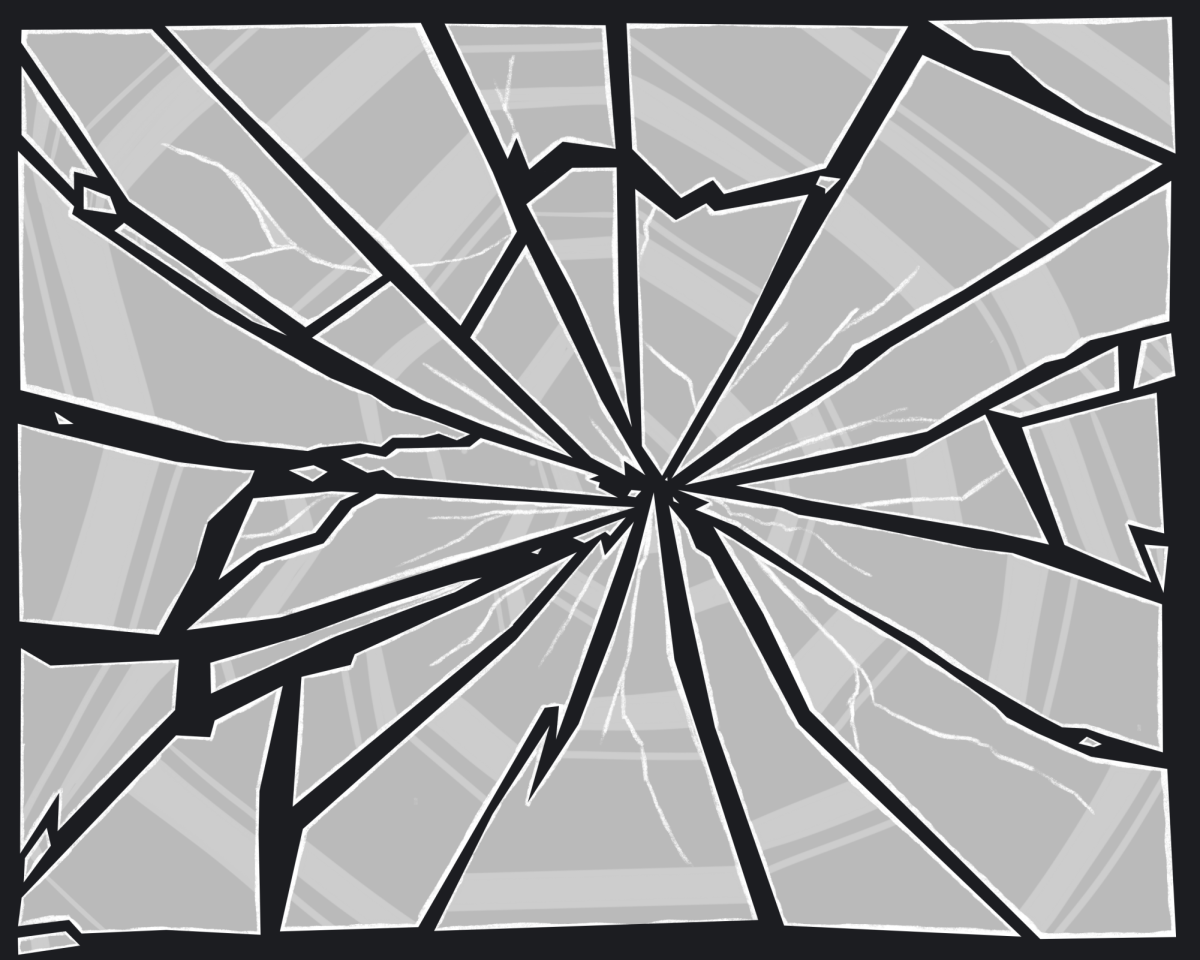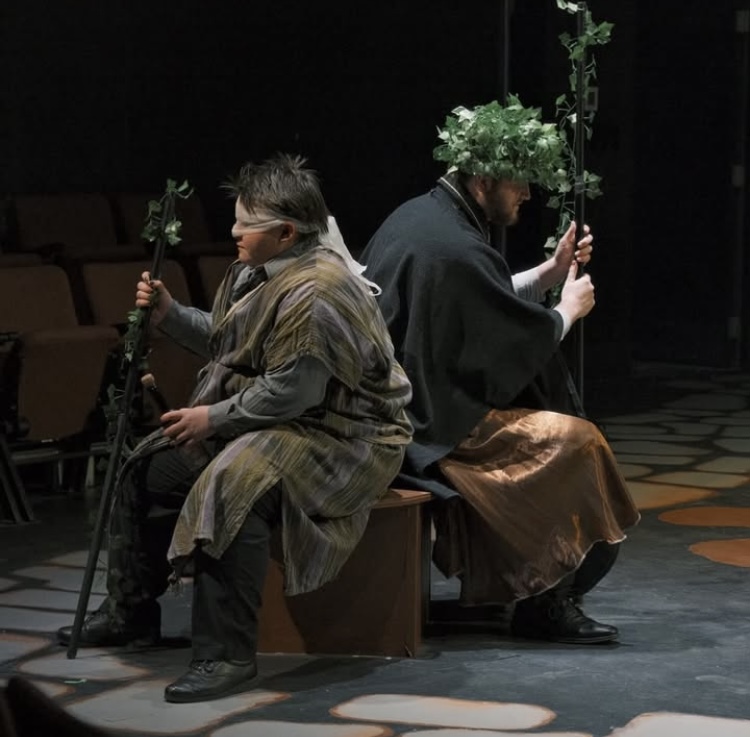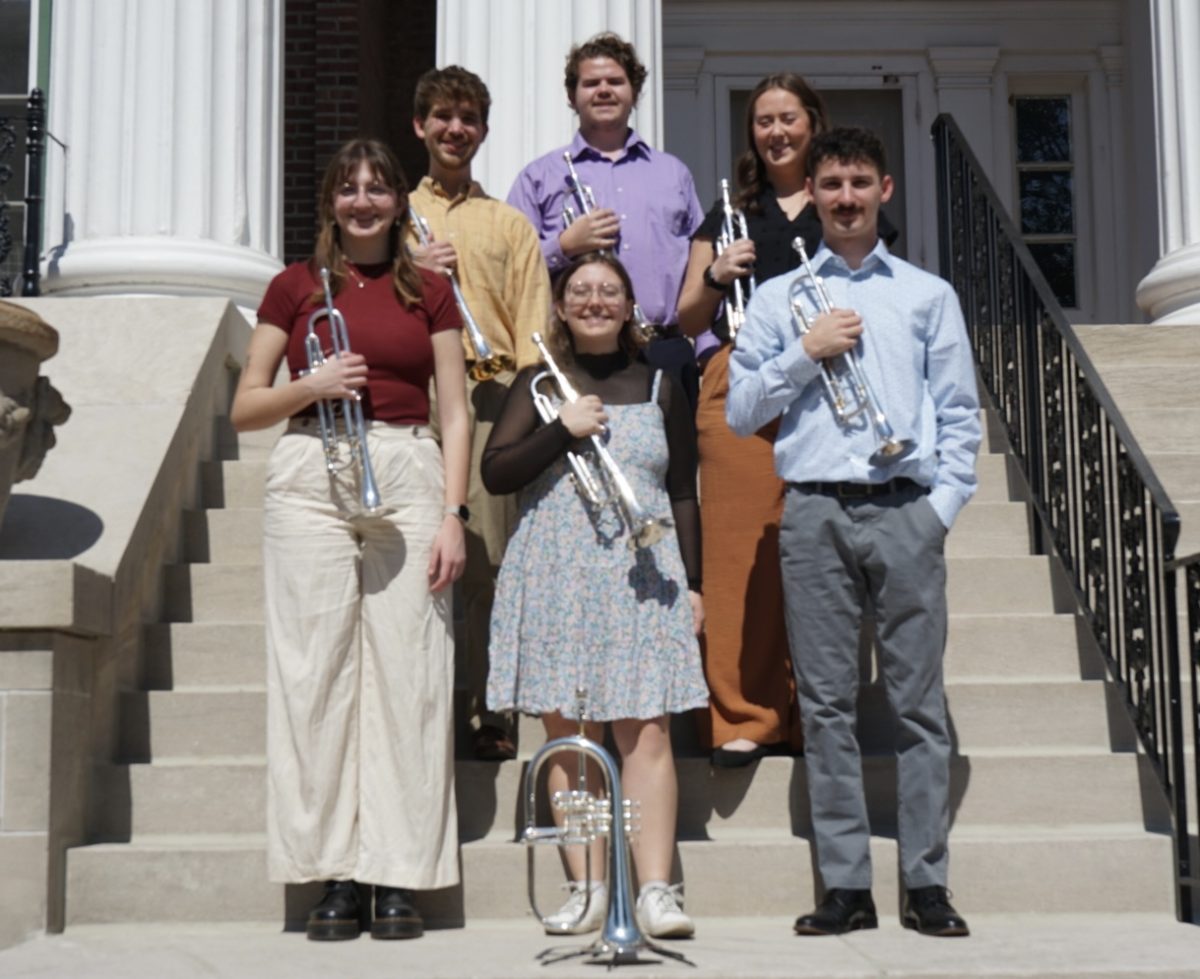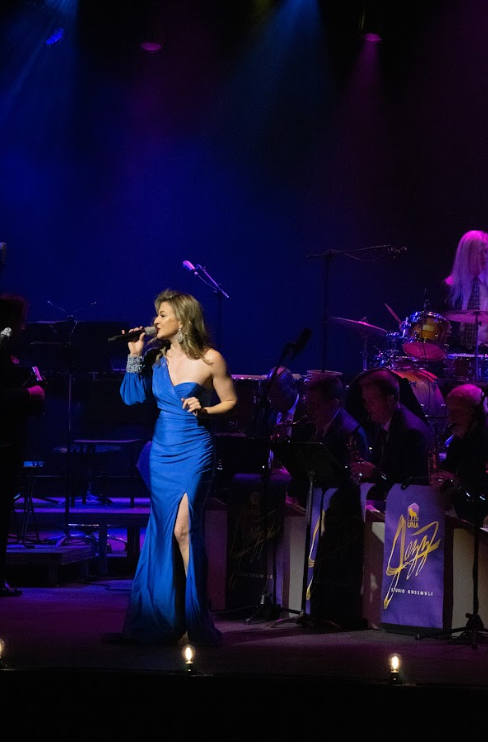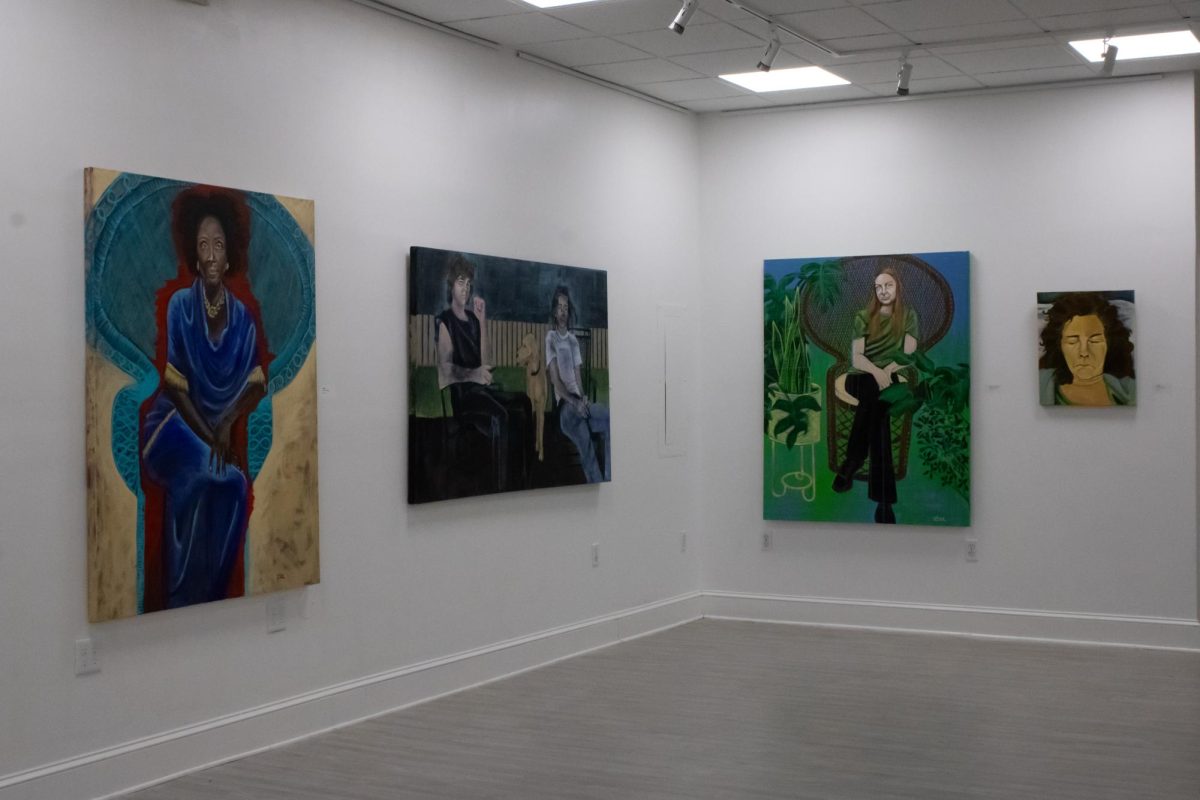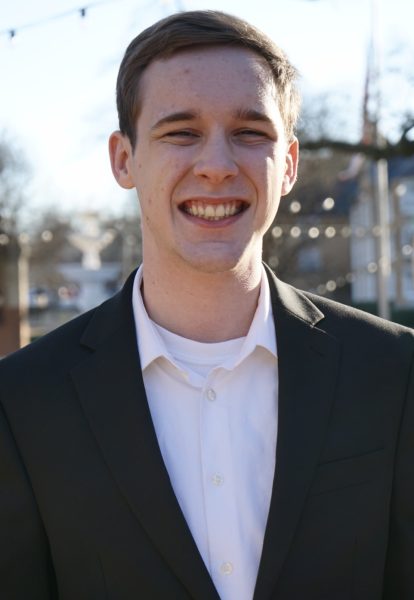On Oct. 1, at 5:30 pm, Wesleyan Hall will be showing the Philadelphia Eleven, a documentary about the first 11 women to be ordained in the Episcopal church. These women bravely went against the patriarchal customs of the Episcopal church to be ordained as priests after being denied at the General Episcopal Convention in 1973.
This past June, the Southern Baptist Church ended a two-year-long fight against women in pastorship. The debate ended at the Southern Baptist Convention, with a two-thirds vote needed to greenlight the ban. The ban was overturned with 61 percent in favor, and 38 percent opposed.
With this fight for women’s leadership in the church still active today, reopening the question through the Episcopal background may be the clarity needed to put it to rest.
“The past is not dead, the past isn’t even the past. All the arguments about women being ordained as pastors or priests are the same arguments,” said former UNA history professor and Episcopal church goer Dr Tom Osborne, “[The Episcopal church] dealt with that 50 years ago. From a historians point-of-view, that’s the perfect situation to reopen the question.”
The Southern Baptist Church’s doctrine does not explicitly state that women cannot serve as pastors, but this recent debate needs to be considered for the future of the Baptist Church as the similarities in the denominations’ arguments has led to radical feelings about female leadership.
Osborne states he remembers back when these events were unfolding at his church in 1974, with visitors claiming that this would be the end of the Episcopal denomination.
Fifty years later, that was not the case. The Muscle Shoals/Florence area features the St. Bartholomew’s Episcopal Church, Grace Episcopal Church and Trinity Episcopal Church.
While this battle in this denomination may not have seemed local, both Grace Episcopal and Trinity Episcopal Churches are currently represented by female priests. The 12th Bishop of the Episcopal Diocese in Alabama is also female.
The women leading these churches are Rev. Danielle Thompson of Grace Episcopal Church, and Rev. Callie Plunket-Brewton of Trinity Episcopal Church. The 12th Bishop of the Diocese is Rt. Rev. Glenda Curry.
The Philadelphia Eleven were the foundation for these women to pursue Christendom in the Episcopal church, being scolded, threatened and banned from some churches.
“This is a film which is set 50 years ago, but this question is a live one right now,” said Osborne. “It’s about the Episcopal church but the same fight is happening in Baptist Churches today.”
Understanding the Philadelphia Eleven’s impact in the Episcopal church is critical to understanding the current argument seen in the Southern Baptist Church. These women fought for their right to represent their denomination, and the same can be said for Baptist churches everywhere.
The original Philadelphia Eleven’s names are Merill Bittner, Alla Renée Bozarth, Alison Mary Cheek, Emily Clark Hewitt, Isabel Carter Heyward, Suzanne Radley Hiatt, Marie Moorefield Fleischer, Jeannette Ridlon Piccard, Betty Bone Schiess, Katrina Martha van Alstyne Welles Swanson and Nancy Constantine Hatch Wittig.
The University encourages students to attend the showing of the Philadelphia Eleven at 5:30 p.m. in Wesleyan’s conference hall.



